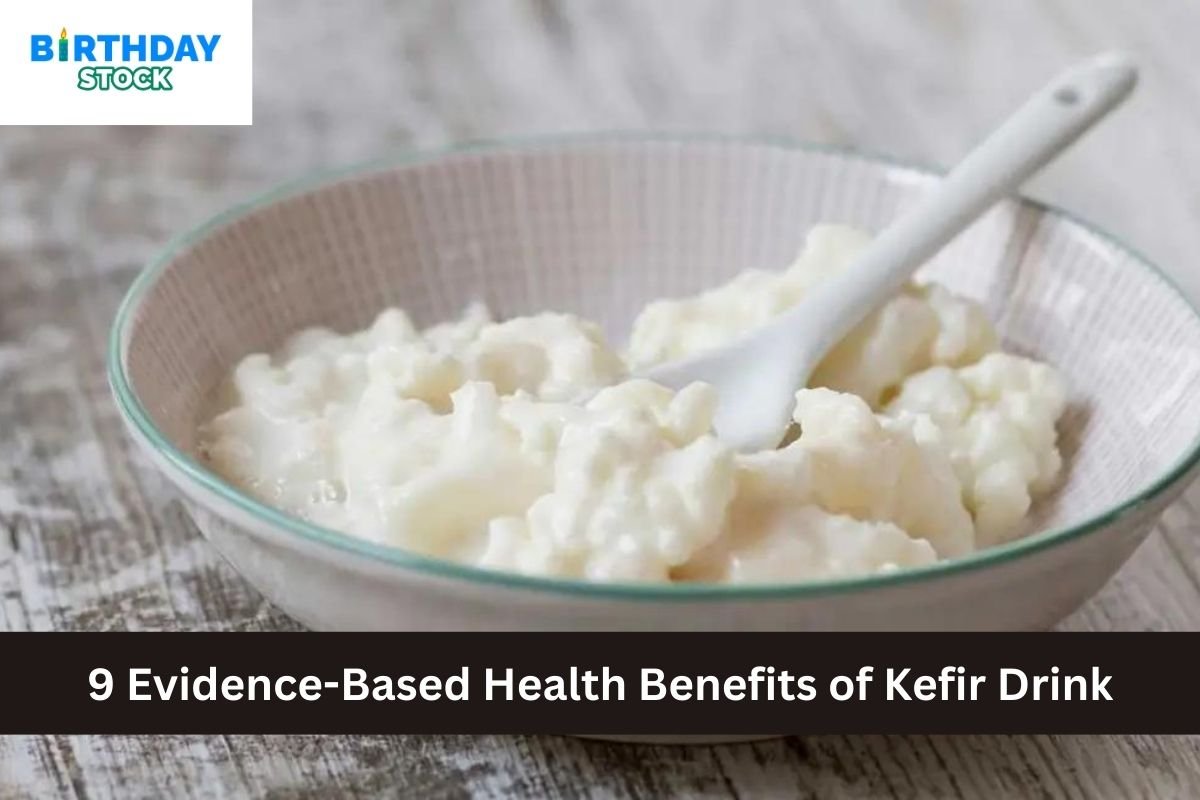9 Best Foods for Glowing Skin:- Your skin is your largest organ and weighs about 1/7 of your body. Skin acts as a barrier, shielding the body from the sun, hot and cold temperatures, bacteria, pathogens, and toxins.1
Most people focus on moisturising, sunscreen, and other skincare products, but a healthy, well-balanced diet is one of the most significant components in preserving youthful skin.
9 Best Foods for Glowing Skin
Selenium, zinc, omega-3 fats, vitamins A, C, and E protect the skin from dehydration, elasticity loss, and oxidative and UV damage. Regularly eating foods rich in skin-supporting nutrients may slow ageing, minimise skin problems, and increase skin hydration and elasticity.
1. Strawberries
Fruits like strawberries are a great source of skin-healthy nutrients like flavonoids, phenolic acids, anthocyanins, and vitamin C.3. Because it shields skin cells from oxidative damage and is necessary for the synthesis of collagen—the primary protein in the body that makes up 75% of the dry weight of your skin—vitamin C is particularly vital for the health of your skin.4
Your skin stores vitamin C, with the outermost layer of your skin having up to 64 mg of the vitamin per 100 grammes.5. A cup of sliced strawberries contains 97.6 mg of vitamin C, or 108% of the Daily Value (DV), making them a great source of the vitamin.
Also see : Easy Crab Pasta Sauce with Spaghetti and Lump Crabmeat Recipe
2. Kimchi
Your skin depends on the health of your stomach. An unbalanced stomach known medically as dysbiosis is associated with a range of skin disorders, including psoriasis and acne, and research indicates a direct connection between gut and skin health.7.
One of the greatest methods to improve gut and skin health is to eat foods high in fibre, which helps fuel friendly microorganisms, and beneficial bacteria, sometimes known as probiotics.
Chinese cabbage is used to make kimchi, a type of fermented food that also includes carrots, onions, radishes, and cucumbers. Probiotics and other elements necessary for healthy skin, such as provitamin A and vitamin C, are abundant in kimchi.
3. Blood Orange
Citrus fruits with red flesh that is rich in nutrients are called blood oranges. High concentrations of potent antioxidants called anthocyanins, which can help shield skin cells from harm, give blood oranges their characteristic red colour. Strong anti-inflammatory and antioxidant properties of anthocyanins may be especially helpful for those with inflammatory skin conditions like acne.8
Habibi F, Valero D, Serrano M, Castillo S, Guillén F, and Ramezanian A. Variations in blood orange cultivars’ bioactive components, antioxidant capacity, and nutritional value at various storage temperatures. 2020;9(10):1016; doi: 10.3390/antiox9101016. Antioxidants (Basel). Blood oranges are also a good source of vitamin C, which is necessary for the synthesis of collagen and for shielding skin cells from ultraviolet light.
4. Sunflower Seeds
Protein, which builds up skin and is essential for wound healing and the development of new skin cells, is abundant in sunflower seeds. They also contain a lot of vitamin E, which the body uses as a potent antioxidant.9.
Vitamin E is essential for maintaining healthy skin since it prevents solar damage to skin cells, controls inflammation, and aids in the production of collagen and elastin, two proteins that allow skin to stretch and retain its youthful appearance.
For vitamin E, an ounce of sunflower seeds provides 49% of the daily value. Sunflower seeds are also a good source of zinc and selenium, two nutrients that are crucial for maintaining healthy skin.
5. Bone Broth
Animal bones rich in collagen are boiled for extended periods of time—typically eight hours—to create bone broth, which is a concentrated liquid rich in nutrients like gelatin that promote skin health.
Rich in glycine, proline, and lysine—amino acids necessary for collagen synthesis—gelatin is a material made from collagen.10 You can hydrate yourself and provide your skin the amino acids it needs to rejuvenate and repair damaged cells by drinking a cup of bone broth.
6. Organ Meats
Organ meats, such as liver and heart, are high in nutrients and include many of the vitamins and minerals needed for healthy skin, even if they aren’t as popular as other protein sources like chicken and steak.Six
For example, an 85-gram serving of beef liver supplies all the daily needs of copper, a mineral that prevents oxidative damage to skin cells and protects the skin from free radical damage. Additionally high in protein is beef liver. It also plays a part in the maturation of collagen and the creation of skin cells.
Additionally, organ meats are a great source of selenium, zinc, and vitamin A—all of which are essential for maintaining good skin.
7. Shellfish
Shellfish—like clams, mussels, and oysters—are a wise choice if you want skin that is radiant and healthy. In addition to being high in protein and anti-inflammatory omega-3 fats, shellfish is also a concentrated source of minerals like selenium, zinc, and copper that are beneficial to the skin.
Six Shellfish, like oysters, are particularly rich in zinc, which controls skin inflammation and promotes wound healing, and selenium, which has potent antioxidant qualities and shields skin cells from UV radiation and oxidative stress. You can obtain thirty percent of your daily required selenium and zinc from six medium-sized oysters. Omega-3 fats, which are abundant in shellfish and have significant impacts on skin structure and function, are also anti-inflammatory.
8. Broccoli
Broccoli is a high-fiber food that supports a wholesome environment in the gut. This cruciferous vegetable has high levels of antioxidant polyphenols and vitamin C as well. Polyphenols can help delay the ageing process by blocking specific enzymes that break down the skin proteins elastin and collagen.
These compounds also aid in UV protection, have anti-inflammatory properties, hasten skin regeneration, and may enhance skin suppleness and blood flow. Broccoli also contains beta-carotene, a pigment that is a provitamin A and has antioxidant qualities.2.
Consuming veggies, such as broccoli, gives your body the nutrition it needs to maintain skin health. In addition, a 2015 analysis of eighteen research revealed that individuals with higher intakes of beta-carotene, fruits, vegetables, seafood, and vitamins A, C, D, and E had a decreased risk of skin cancer.
9. Trout
Fat-soluble vitamin D is necessary for the development of skin cells as well as the structure and operation of the skin barrier, the skin’s outermost layer. In addition, vitamin D supports the immune system of the skin and helps control inflammation, both of which aid in shielding the body from infections and other dangerous chemicals. Thirteen Psoriasis and eczema are two inflammatory skin conditions that are linked to vitamin D deficiencies.14
One of the few foods high in concentrated vitamin D is trout. 645 IU, or 81% of the daily value, of vitamin D may be found in a 3-ounce portion of fried fish. Moreover, protein, zinc, selenium, and omega-3 fats are all found in trout. People with inflammatory skin conditions may benefit from the potent anti-inflammatory qualities of omega-3 fats, DHA and EPA, which may also help prevent skin cancer.















